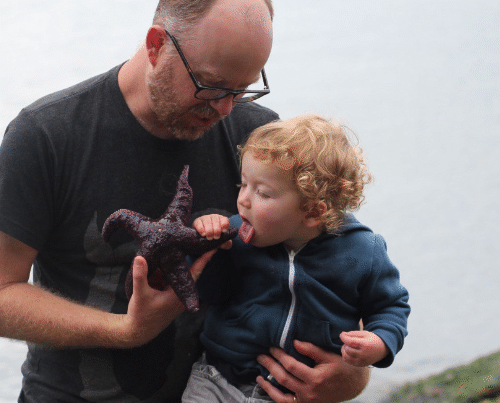What matters more in getting cited — what you say or how you say it? In our first episode of the show we’re visited by Ryan Kelly from the University of Washington’s School of Marine and Environmental Affairs. He talks with us about his article “Narrative Style Influences Citation Frequency in Climate Change Science,” published in the December 2016 edition of the open-access journal PLoS One, along with co-authors Annie Hillier and Terrie Klinger.
Websites
- “Do I make myself clear? Media training for scientists” (Science Magazine)
- “Studies written in a more narrative style get more citations” (PsyPost)
- Annie Hillier’s Master’s thesis
- Book that inspired the study: Influence: the Psychology of Persuasion by Robert Cialdini
Open Science Resources
- Ryan Kelly’s dataset on Crowdflower
- S1 Script. R script used in the analysis.
- S1 Dataset. Raw dataset used in the analysis (CSV)
- S1 Impact. Journal dataset used in the analysis (CSV)
Bonus clip
▲ Ryan Kelly talks about his research with Max Mossler. Their study, on how framing science communications can influence political support, used Amazon’s Mechanical Turk to crowdsource data. The article, with Ann Bostrom and others, is “How Does Framing Affect Policy Supports for Emissions Mitigation?“
Hosts / Producers
Ryan Watkins & Doug Leigh
How to Cite
Watkins, R., Leigh, D., & Kelly, R.. (2017, July 25). Parsing Science – Science Writing as Storytelling. figshare. https://doi.org/10.6084/m9.figshare.5877399
Music
What’s The Angle? by Shane Ivers


